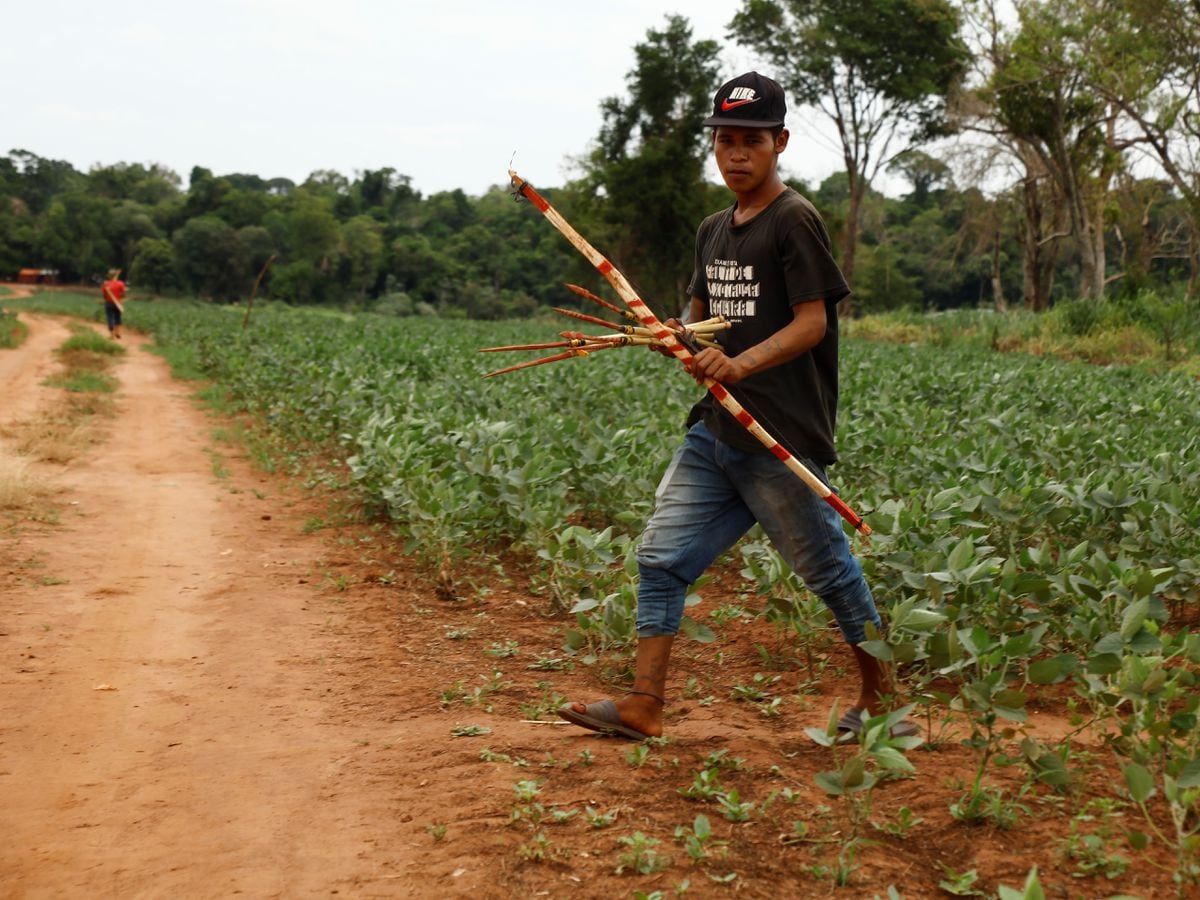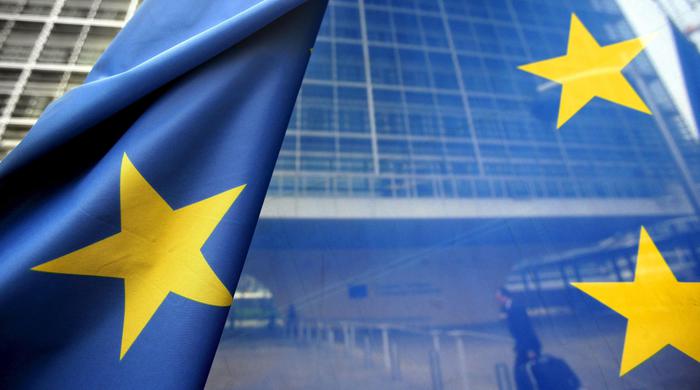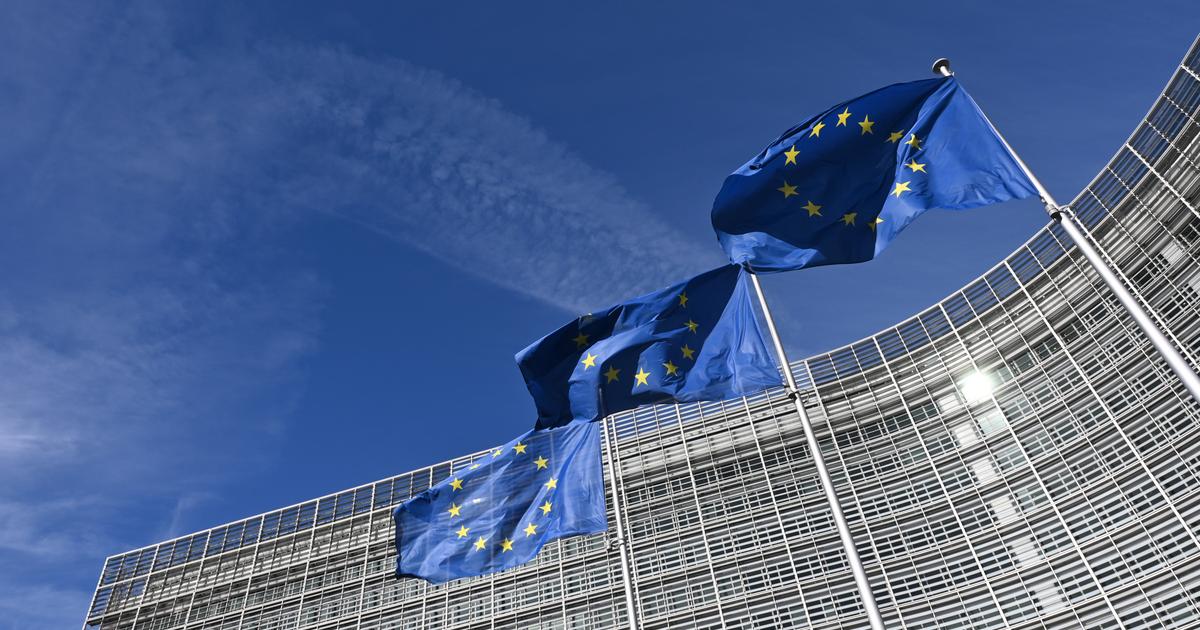EL PAÍS offers the América Futura section open for its daily and global informative contribution on sustainable development.
If you want to support our journalism, subscribe
here
.
Much has been said about how the soy consumed in Europe and the United Kingdom is related to deforestation in Brazil and Argentina.
However, little is known about what happens with this industry in a neighboring country, Paraguay.
“It is the fourth exporter of this grain worldwide.
But since, in this case, deforestation already happened on a large scale between 1973 and the year 2000, not as much attention has been given to what happens to soybeans in this country,” says Toby Hill, lead researcher for a report that The NGO Global Witness has just published, in which it is assured that this industry in Paraguay is involved in the displacement of indigenous communities, poisoning, criminalization and repression.
The report, titled
Contaminated Food: How Europe's Meat Industry Contributes to Human Rights Abuses in Paraguay,
traces the entire soy chain: from the farms that grow it, to the companies that export it, to the companies that sell it. they use to feed their cattle to produce meat and poultry.
Either directly or indirectly, Global Witness concludes, "the situation has encouraged Western companies to turn a blind eye."
A soybean harvester works in a field in Santa Rita, Paraguay, in a file photo. Noah Friedman-Rudovsky (Bloomberg)
One of the cases that the NGO reviews, for example, is that of the multinationals Cargill and ADM, which manage 40% of Paraguayan soybean exports.
According to the report, both companies, through the intermediary Copranar, buy this grain from the farms of Agrícola Entre Ríos, German Hutz and Agro Integration, which have disputed ownership of the land with the indigenous communities of El Cerrito, in Alto Paraná, and the Ka'a Poty, local Ava Guarani, a little further south, causing forced displacement.
“Police have evicted the community on three occasions by firing guns and using tear gas to drive out the residents, and later burning their houses and temple, destroying their crops and killing their animals.
After the third eviction, in May 2022, members of the community were left homeless,”
Another complaint they make has to do with poisoning that the communities near the soybean farms would have suffered from fumigations that do not comply with Paraguayan law.
In the Yeritú neighborhood, from the Canindeyú community, 22 people were hospitalized for symptoms that the clinic registered as “chemical poisoning,” Hill says.
Even Rubén Portillo, 26, died after arriving with painful rashes on his face and fingers.
And, although the reason for his death and the other 22 poisonings cannot yet be known for sure, because a rigorous investigation was never conducted, there are documents that assure that there were irregularities with the fumigations.
"An investigation by inspectors from the Ministry of the Environment found a series of violations," adds the researcher, including soybeans planted right next to family residences without any buffer edges as required by national legislation and washing fumigation tanks. in the same pipes where people drank their water "Thanks to the analysis, endosulfan, aldrin and lindane were found in the water from the well from which the Portillo family drank, pesticides that are prohibited or restricted in Paraguay," Global also points out. Witness, noting that the companies that have this bad practice are Hermanos Galhera and Cóndor Agrícola that, again, sell soybeans to Cargill and ADM.
In fact,
Dominga Coronel, from the community of Loma Piro'y is currently fighting so that her community does not lose their land.Global Witness
The soy that was born from these conflicts, in addition, could have reached large chicken sellers such as 2 Sisters, in the United Kingdom, and Danish Crown, the largest meat company in Europe.
Which implies, says the report, that it is sold by giant corporations such as Tesco, Marks and Spencer, KFC and Nando's, Sainsbury's, Carrefour, Intermarché, Lidl and Netto.
In the report, Global Witness assures that the companies involved were consulted about the facts and responded, for the most part, that they were unaware of these violations, but that they were going to initiate investigations.
“The companies don't know if they are taking land from these farms with human rights violations and, in a way, we can't say that they definitely are.
But what we can say is that they don't know if they are doing it.
So there is a structural risk that they are taking soybeans from these farms and that the simple fact of not knowing it, in our opinion, is negligence”, is how Jago Wadely, author of the report, sums it up.
América Futura also contacted soybean exporters Cargill, ADM and Bunge, also mentioned in the report, but only received a response from the former.
“We take these types of allegations very seriously and, as part of our complaints process, we have immediately launched an investigation.
If any violation of our policies is discovered, we will end the relationship with the aforementioned producers," said Cargill, also recalling that they are committed to the land tenure rights of indigenous peoples and that they follow the guidelines of the United Nations Organization Food and Agriculture Organization (FAO) on this issue.
A sign of the multinational Cargill Inc. in a soybean farm near Campo Nueve (Paraguay).Noah Friedman-Rudovsky (Bloomberg)
As for the companies that sell the meat to the consumer, Wadely points out that soy exporters have a clever strategy to ensure that confusion: mixing soybeans from certified farms with those from farms where human rights violations such as those mentioned above occur.
“Supermarkets and retailers are trying to understand.
Meat companies too.
But the soybean traders are the black box.
Only they know who they buy from and who they sell to, and they know that they mix everything up.
But they don't want the transparency that retailers want and that consumers want,” adds Wadely.
Faced with this, he believes that, as a consumer - who finds it almost impossible to navigate the data and know if their chicken burger has soy related to human rights violations - the key is to ask governments to create regulations that hold legally responsible the entire chain for these violations, that "everyone be held accountable."
In Europe, in fact, there are currently two proposals for laws to make this happen: the regulation on deforestation and the directive on due diligence of companies in terms of sustainability.
The purpose of both is similar: that stricter controls are carried out in the supply chain of the products that arrive in the European Union.
"If this is not approved or if it is done very laxly, the soybean problem in Paraguay will not be avoided," concludes Wadely.





/cloudfront-eu-central-1.images.arcpublishing.com/prisa/VLMAUIQBTJENDECUQ4TSUBDPLA.JPG)



